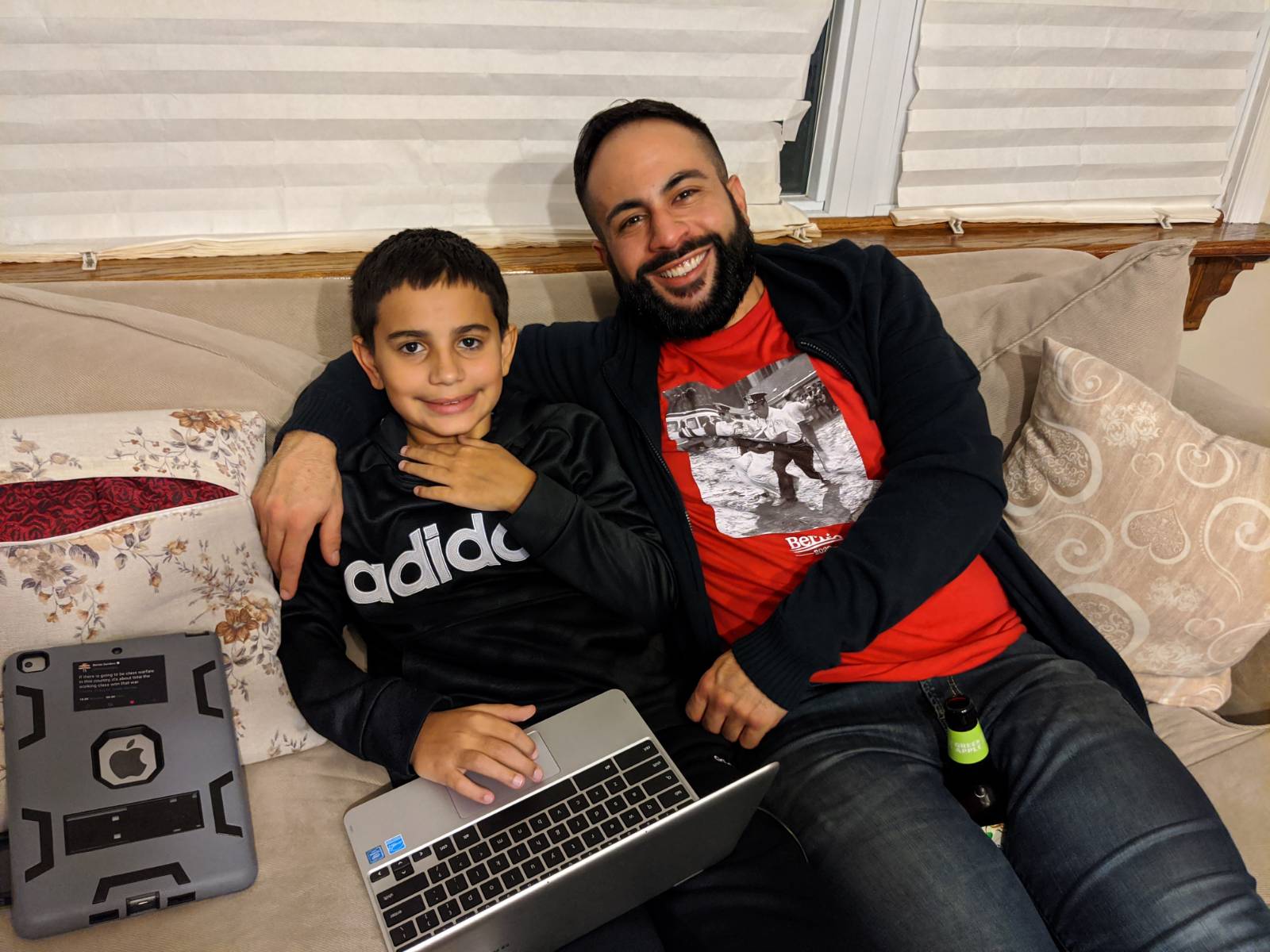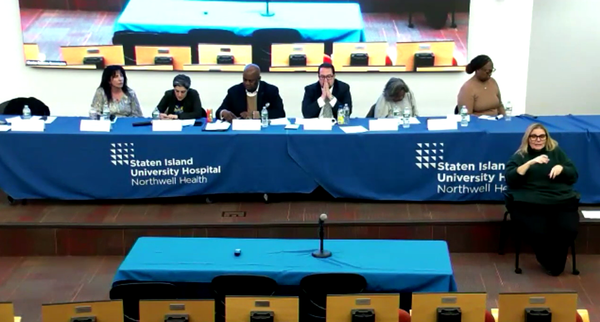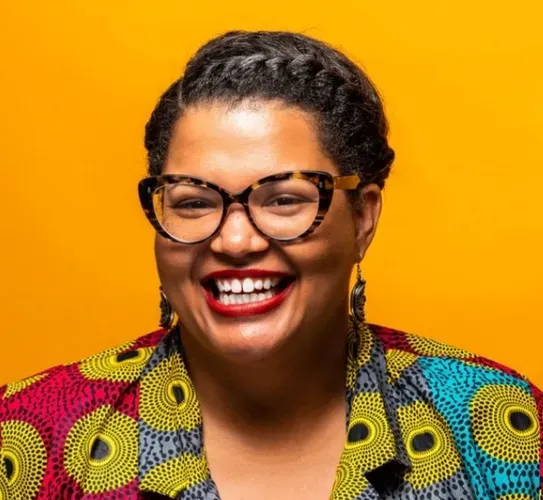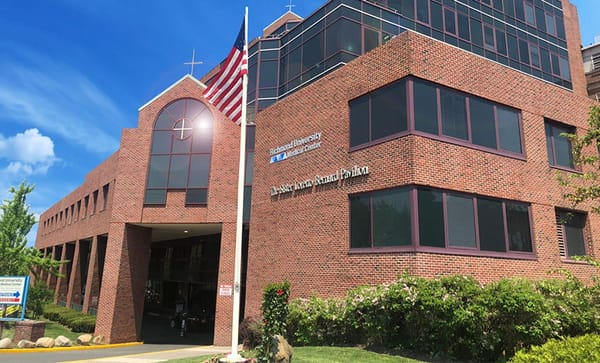Extended: Meet Plea for the Fifth founding member Sean Ghazala
Read Sean Ghazala's extended interview below.

PFT5 is a grassroots news and media outlet based out of Staten Island, N.Y. The platform is a cooperative(co-op). At its inception, PFT5 founder Sean Ghazala envisioned it as a tool for making change possible in existing conditions – for its readers and its workers.
Candy: Hi Sean, thank you for speaking with me. What is Plea for the Fifth and how was the project born?
Sean: Hey Candy, work for PFT5 started in September 2020. The site went live on December 1, 2020, with the objective of building a platform for delivering different coverage of local Staten Island stories than what’s seen on mainstream media outlets.
I think it’s imperative that we educate our people in order to overcome oppression and news and media are tools for this process. We want our readers to feel energized and ready to act. Not scared and helpless. People in our communities need a better sense of what’s going on. Mainstream media spreads an alternate reality of the world and I don’t often hear stories that I hear people in my community talk about. With PFT5 we hope to challenge that.
Candy: Can you describe one event that shaped your conviction to establish PFT5?
Sean: During Occupy Wall Street (OWS) I was working as a Park Ranger at the African Burial Ground National Monument. For me, it was difficult to separate the two. The oppressive force of a racist capitalist system made possible the largest black burial site in the continent and those same forces fueled the OWS movement. Although slavery has been abolished, these oppressive forces persisted through other practices, such as the criminalization of an action with the stroke of a pen. You start to see a constant and recognize that if you don't do something, it will keep happening.
Candy: What is grassroots? What is a co-op? How do PFT5's values align with each of these concepts?
Sean: As I see it, grassroots is an attempt to become organized but tends to be very disorganized because a lot of the work happens individually. There are people who do good groundwork but if it’s not documented people can act like it didn’t happen. Our grassroots looks like creating a space where the scattered groundwork can be organized. PFT5 doesn’t replace this organizing work, but it’s a space to amplify what is happening.
It was important that PFT5 be established as a co-op, its member-owned and member-controlled. Our members are people from the communities we are writing about and for.
This structure allowed us to collectively form principles around what we care about as an organization and residents of Staten Island. Nothing is imposed on us and any hierarchy is one that we choose. This also means that much of PFT5 content is produced by our own members. While these liberties are refreshing compared to capitalistic standards that put profit above all else, it comes with its own challenges.
Candy: Discuss some of the challenges you’ve faced while building PFT5 and some of the lessons learned in the process.
Sean: It’s difficult to develop an entity that tries to oppose capitalistic values in a capitalistic state and there isn’t a blueprint we can follow. We’re doing our best but things cost money and each member has their own responsibilities outside of Plea. The platform came into existence during the COVID-19 pandemic, many of our members were working remotely and there was little to do outside. Collectively we had more time for activism. With things returning to some sort of normalcy many of our members have resumed commuting to work and worrying about childcare etc... All of these things eat into our day creating several challenges for Plea as our members are the power behind the content production. Along these same lines, sometimes you set expectations and it's tough to recognize when they’re not realistic. We’re adapting as we go because we have to be able to make changes and continue to forge this much-needed space under the existing conditions.





